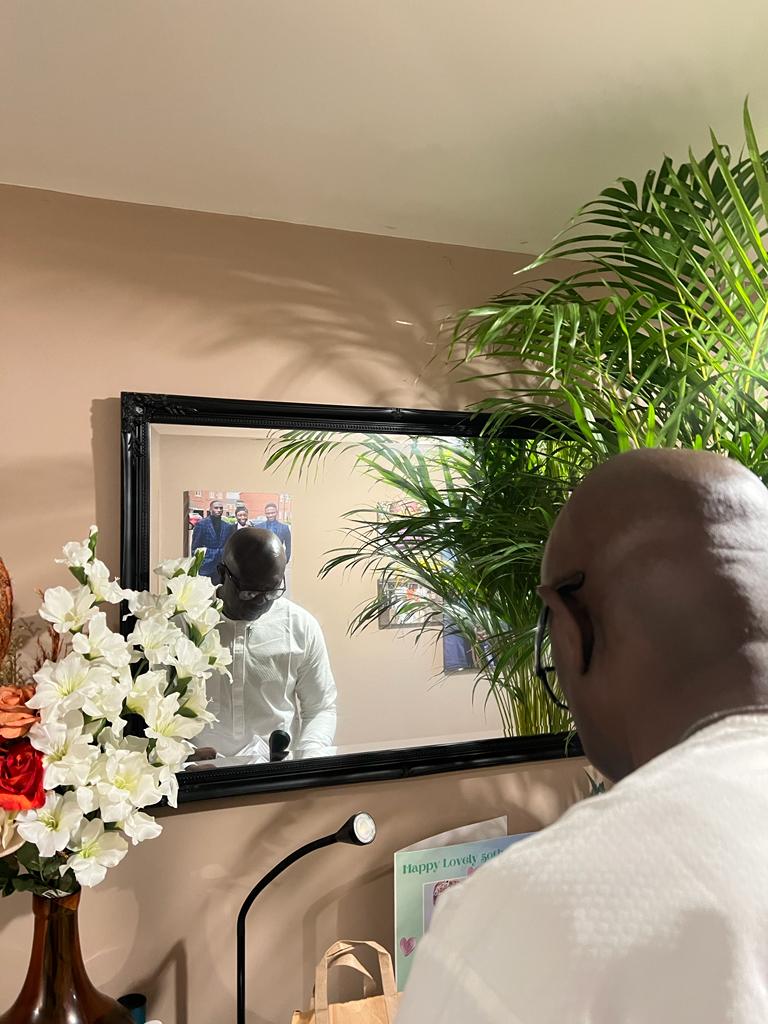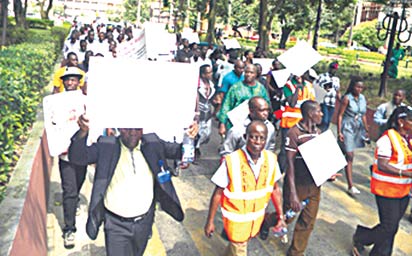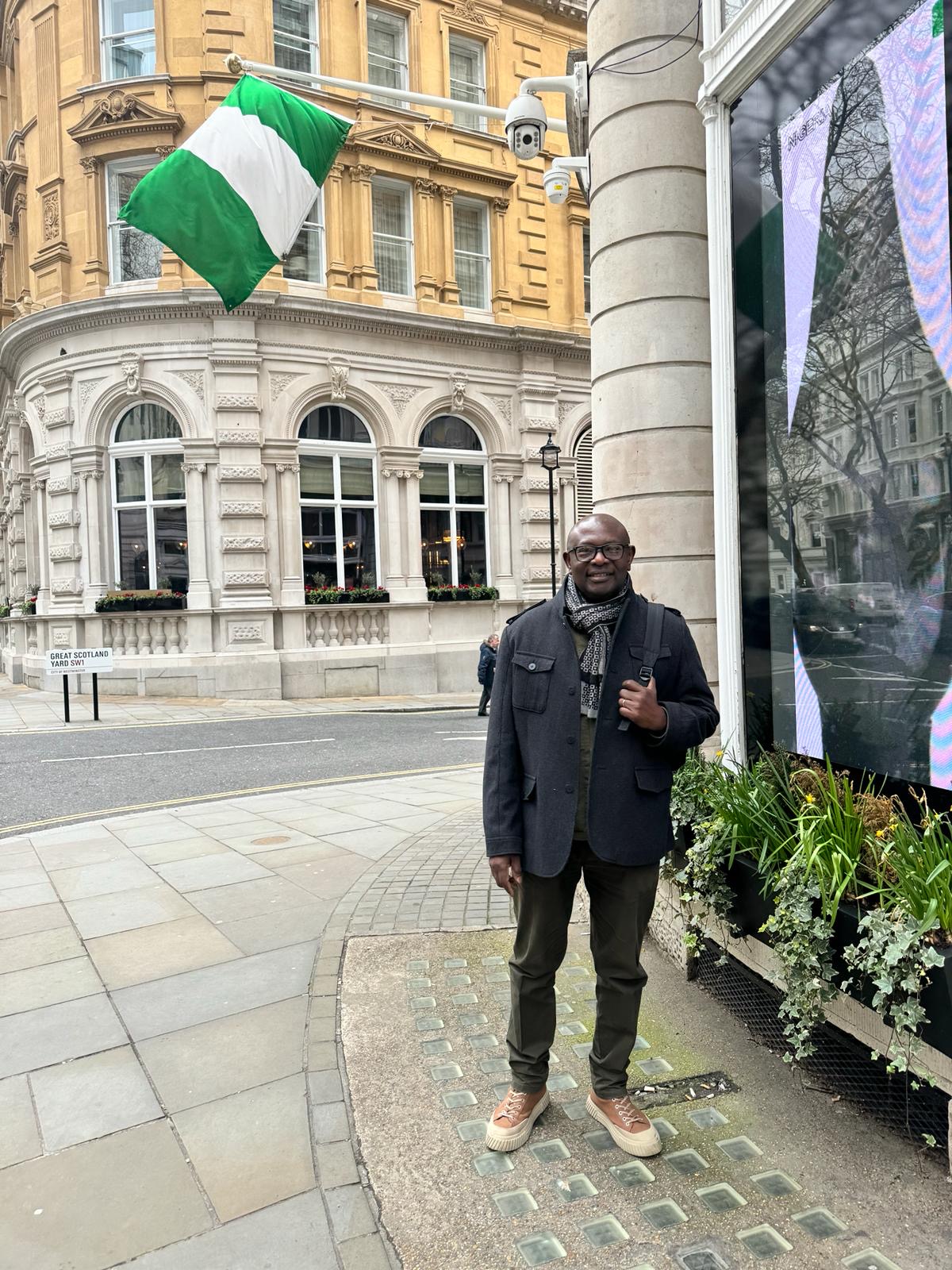By Mo. Babajide Alabi
Published in the Sunday Vanguard of June 27, 2016.
When in 2009 the Academic Staff Union of Universities (ASUU) and the Federal Government reached an agreement to grant more autonomy to universities in Nigeria, there were jubilations and celebrations all over the country. There was the general consensus that the agreement was a genuine start in the development of the higher education. These jubilations were not unconnected with an expected end to incessant closure of universities for one reason or the other.
All over the world, the universities play important roles in national development. It is therefore important that this sector is not politicised or allowed to be manipulated by the government, unions or individuals with “too tall” ambitions . Education at whatever level is the foundation of a good nation. With this notion at the back of the minds of leaders in the western world, the smooth running of the education system is paramount.
Nigerians have not been fortunate to have quality functional education system. This has been attributed to many factors, among which are government’s unnecessary interference and the overbearing nature of the various “trade” unions and associations that operate on the campuses. It is easy for us to blame various past and present administrations for the not so glorious state of education while we overlook the part played by the actors on the campuses.
It was a big relief when in 2009, the government and ASUU managed to get together and drafted something that have the semblance of autonomy for the universities. However, while this agreement was drafted with good intentions, in its short life span, it is discovered that campus unionism has been its main “enemy”. Although the universities have autonomy, therefore free to an extent from government intervention, the various campuses now contend with a different “force” in terms of staff unionism.
Hiding behind unionism in some of these universities are staff “militants” who wants to directly or indirectly hijack the administrative control of the universities. Individuals with ambitions or inflated egos who are Union executives and desire to play kingmakers in the appointment of principal officers in universities.
This scenario played out at the Obafemi Awolowo University, Ile Ife, when the Non Academic Staff Union (NASU) and the Senior Staff Association of Nigerian Universities (SSANU) held the university to ransom following the Governing Council’s selection of Professor Ayobami Salami as the new Vice Chancellor to succeed Professor Tale Omole. For months the unions executives threw spanners in the wheel of progress in the university, and in most cases paralysing activities, with threats that the appointment be reversed or hell would be let loose.
Last week it was a triumph of good over evil when the national headquarters of NASU suspended the executives of its OAU branch for failing to adhere to directives. The decision to suspend the executives of the branch, according to sources close to the union, was taken after so many efforts have been made to make the branch executives see reasons that they were fighting a needless battle with the Governing Council. The adamant stand of the executive council to paralyse the university has been embarrassing to many, especially their academic counterparts and the old students.
Despite the open process of selecting Salami as the new vice chancellor, the union members could not get the conspiracy theory that he was Professor Tale Omole’s preferred successor off their heads. It would be recalled that Omole’s term as Vice Chancellor came to an end last week Thursday.
The beauty of the 2009 agreement is the autonomy granted to governing councils of universities to select their vice chancellors. A process which the OAU Governing Council had conduced once before. However the transition this time around was made very cumbersome by NASU and SSANU, The unions have come a little short of throwing out the baby with the bath water.
They criticised the position of the Governing Council on the shortlisting and selection process of Salami. The protests which started on the veiled allegation that the Governing Council usurped the powers of the Joint Council and Senate Selection Board within short time degenerated into a means of settling personal grudges against the candidates shortlisted. The union officials obviously chose to discard the fact that the Governing Council is self regulating in the shortlisting of the candidates before presenting them to the Joint Council and Senate Selection Board.
All over the world, the selection and appointment of VCs are primarily based on the academic experiences followed by their robust knowledge of the institution. However, in the OAU context, the campus NASU and SSANU seem more aggrieved with the personality of the new VC, than the selection process or his qualifications or what he is bringing to the table.
The selection and appointment of Vice Chancellors of Obafemi Awolowo University usually attract wide interests and attention because of the position of the university in Nigeria and Africa. It is in view of this that the Governing Council seemed to have painstakingly gone through the selection process in its consideration for the post. It advertised the post in national newspapers and stated clearly the selection process as requested by the statutes of the university and also drew up a time table of activities.
Out of the 33 candidates that applied or were recruited, the council shortlisted six for the post, out of whom only three, including Prof. Salami, participated in the appointment interview.
It is not strange in Nigeria universities for unions to wield great influence in appointments of principal officers. While this can be attributed to the popular “Nigerian Factor”, it has not helped the status of vice chancellors. While not disputing the academic or administrative capabilities of the vice chancellors, the undue influence of the unions, even non-academic, in their selection process tend to cast doubt on their suitability for the posts.
There is need to send out strong signals to unions, especially in the university system that the overall development of higher education in Nigeria should be the priority of all stakeholders. The era of hero worshipping of union leaders to ascend the highest post in the university should be discarded. In most cases, once the preferred candidates of the unions do not stand the chance of selection, the officials “cry murder” and fault either the shortlisting or selection process, as witnessed in OAU.
The signal the national office of NASU has sent out to the members and officials in Ile-Ife is that although the union is a stakeholder in the university, there is always the right time to sheath the sword and move on. There is no doubt that ambition and over zealousness played vital roles in some, if not all the decisions, the officials took in reaction to the selection of Professor Salami.
In conclusion, the unions and all the stakeholders in the university should come together now that Professor Salami’s term has begun. The unions should realise, and on time, that for the new Vice Chancellor to make any meaningful impact with his 10-point agenda, he has to hit the ground running immediately. In doing this, he would need the support of the unions. If therefore the unions have the love the university at heart, or of the students, they will put away their cudgels, cutlasses and placards and cooperate with Salami, the vice chancellor.
Published in the Sunday Vanguard of June 27, 2016.







